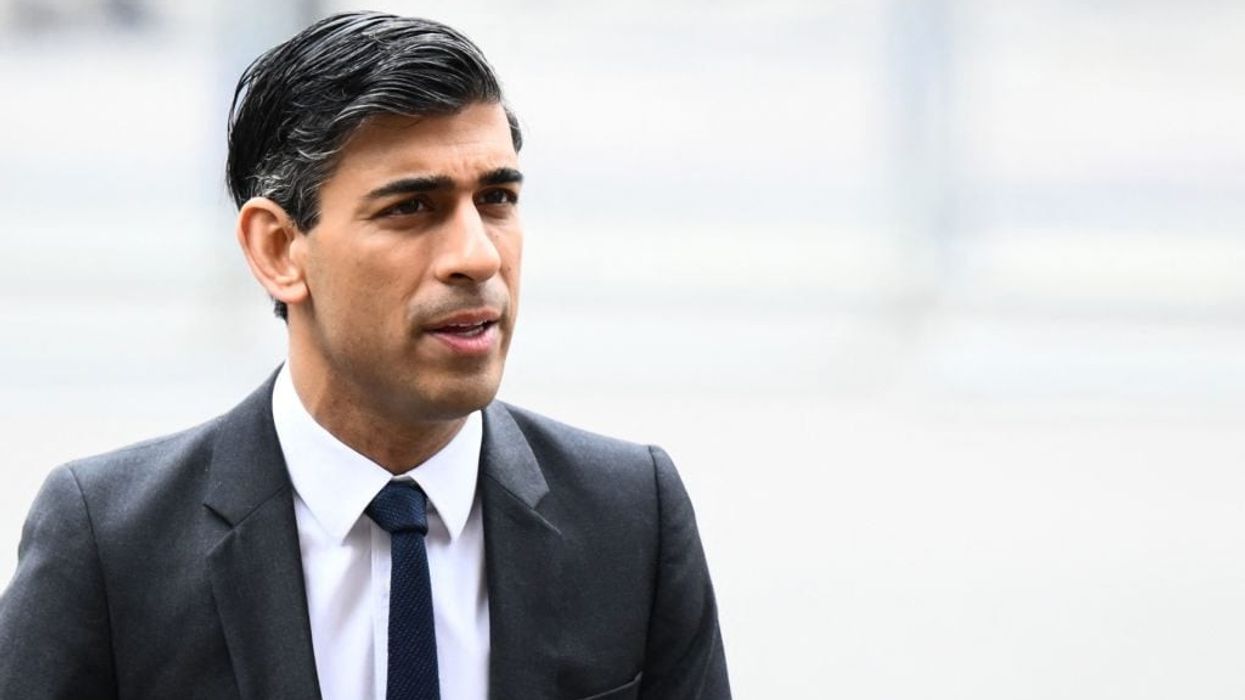Britain's former finance minister, Rishi Sunak, set out his leadership campaign pitch on Tuesday, offering himself up as an "honest" prime minister who would balance the books, reduce the role of the state and grow the economy.
A frontrunner who received a further boost from two senior ministers, Sunak said he was the one candidate to replace Prime Minister Boris Johnson to have a plan for the economy, saying he would tackle inflation before turning to tax cuts.
He was met by cheers from a crowd of Conservative lawmakers who were backing him, and received endorsements from Deputy Prime Minister Dominic Raab and transport minister Grant Shapps, who said he had abandoned his own bid for the leadership.
Opposition to Sunak from within Conservative Party ranks focuses on his strategy of higher taxes. "It is not credible to promise lots more spending and lower taxes," Sunak said in a speech that touched on broad issues but avoided getting into the nitty gritty of concrete policies.
"We need to have a grown up conversation about the central policy question that all candidates have to answer in this election: Do you have a credible plan to protect our economy and get it growing?"
He also addressed his former support for Johnson, saying he would not allow people to rewrite the prime minister's role in politics by demonising him and that he would not engage in some of the hostile briefings that have marked the campaign so far.
"I will have no part in a rewriting of history that seeks to demonise Boris, exaggerate his faults, or deny his efforts," said Sunak, whose resignation last week helped provoke the rebellion that forced Johnson out after a series of scandals.
"I am running a positive campaign focused on what my leadership can offer our party and our country. I will not engage in the negativity ... If others wish to do that, then let them. That's not who we are."
Sunak himself was fined by London police for attending a party in the prime minister's Downing Street office that broke coronavirus lockdown rules, one of number of events held there that turned much of the public against Johnson.
He also came under scrutiny when it emerged that his multi-millionaire Indian wife held a status that allowed her to avoid paying tax in the United Kingdom.
Sunak said he did not want to distance himself from the fiscal decisions he made during the COVID-19 pandemic and how to deal with the ensuing additional debt and borrowing.
"Whilst that may be politically inconvenient for me, it is also the truth. As is the fact that once we've gripped inflation, I will get the tax burden down," he said.
"It is a question of when, not if."
(Reuters)




